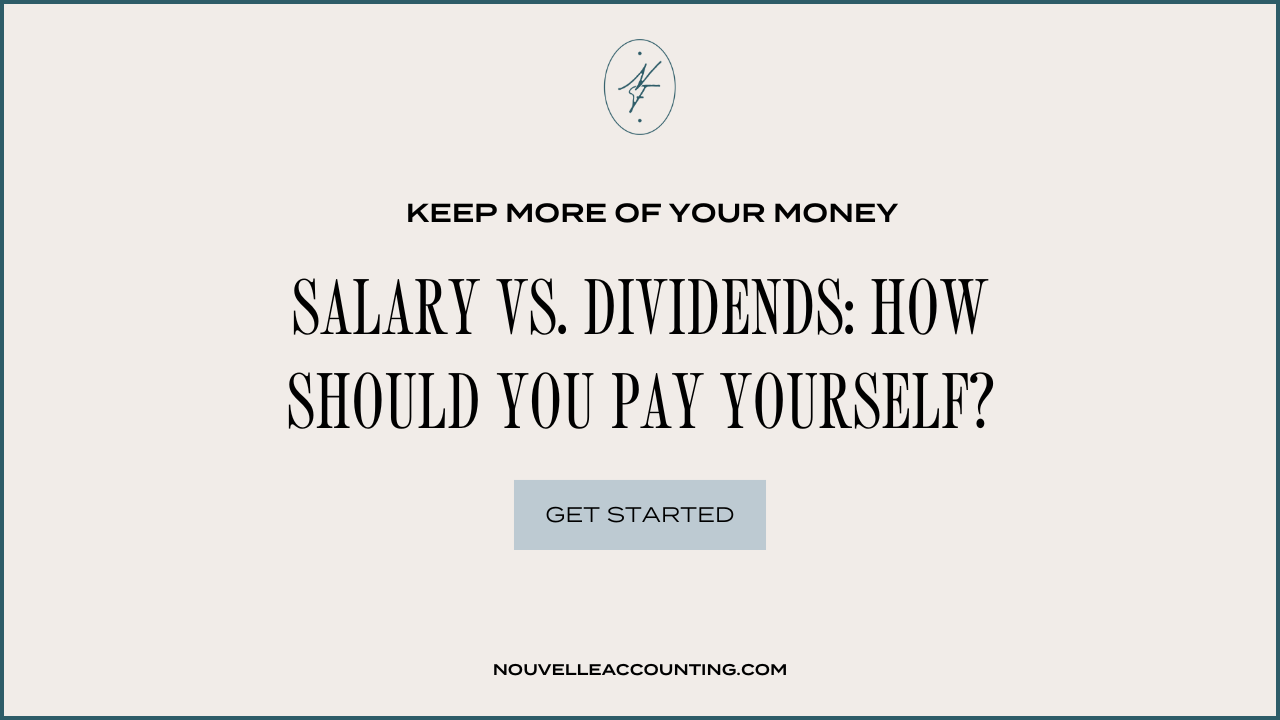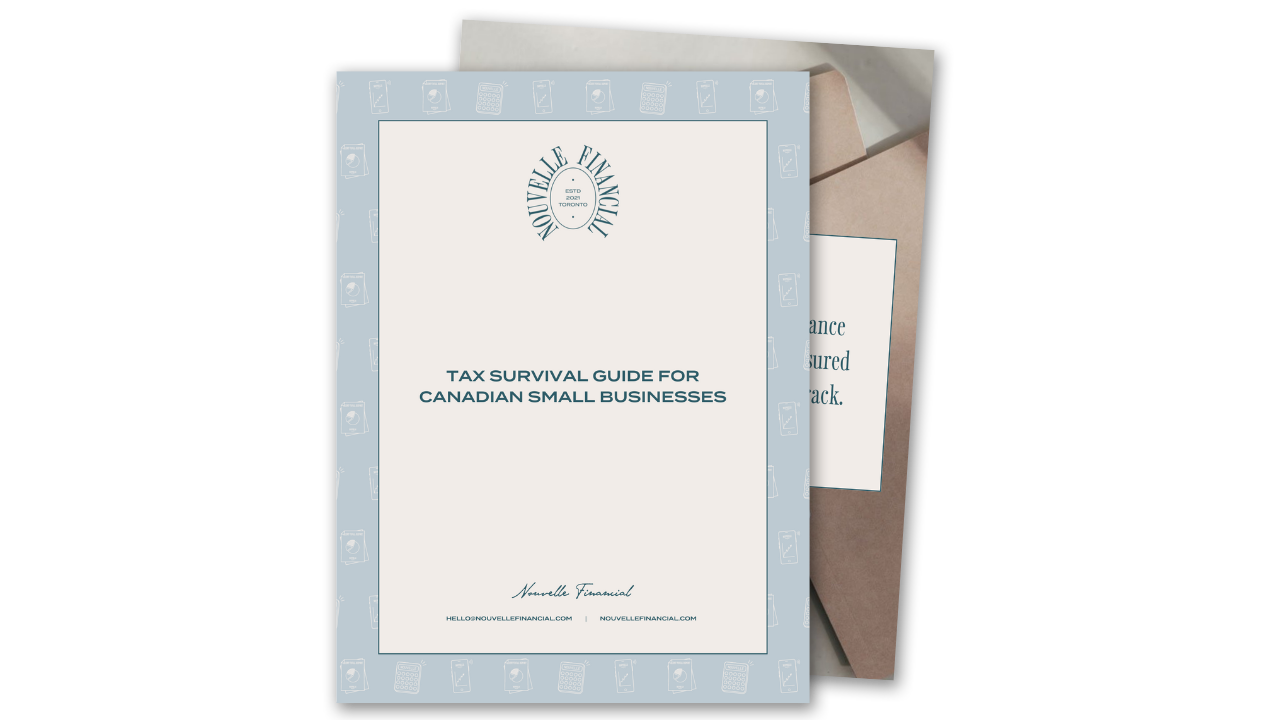
Business Vehicle: Own personally or through the corporation
Let's talk about a common dilemmas entrepreneurs face is deciding whether to own or lease a business vehicle personally or through their corporation. This decision can have significant tax consequences and requires careful management of both mileage and expenses.
Since the Canada Revenue Agency (CRA) pays close attention to how business vehicles are used, it’s important to know the rules and keep good records. We’re going to break down the key factors to consider, so you can make the best choice for your business and finances.
New here?
I’m Amelia, a Toronto-based accountant dedicated to supporting women-owned businesses. My main purpose is to help you know your numbers, increase profits, and avoid mistakes when it comes to the numbers side of your biz.
Whether it’s taking it off your plate, helping you DIY with ease with my Sole Prop Starter Kit, or increasing your financial awareness—I’m here to make it simple.
Be sure to sign up for free monthly bookkeeping & tax reminders sent straight to your inbox to be sure you stay on track and never miss a deadline.
Part 1: What is the vehicle is owned by the Shareholder
Quick tip: If the term "shareholder" confused you, it’s simply someone who owns shares in the corporation. So, if you’re the owner of the business, you’re the shareholder!
If a shareholder owns the vehicle personally but uses it for business, the corporation can reimburse them for business-related expenses, as long as the requirements below are met:
The shareholder should keep a detailed mileage log to separate business from personal mileage.
The corporation can either cover the actual business expenses or provide a non-taxable allowance, as long as it’s within a reasonable range.
For 2025, the CRA’s rates are as follows:
-
$0.72/km for the first 5,000 kilometers
-
$0.66/km for any KMs beyond that
The cost of advertising, such as decals or wraps, can be claimed as a business expense. However, the CRA is unlikely to accept personal trips as business-related just because the vehicle has advertising, so it's important to keep business and personal use clearly separated.
Part Two: When the Vehicle is Owned by the Corporation
If the vehicle is owned by the corporation, it can deduct the following expenses:
If a corporation owns the vehicle, it can claim expenses including gas, maintenance, insurance, and lease payments or depreciation (a specialized calculation of the cost of your vehicle over time).
The CRA has specific rules for claiming vehicle expenses based on business use: if the vehicle is used for more than 90% business, all related expenses are deductible. If it’s used for less than 10% business, no expenses can be claimed, and if business use falls between 10% and 90%, only the expenses that match the business mileage can be claimed.
The business use percentage is determined by tracking all miles driven and dividing the business miles by the total miles driven. This gives the proportion of the vehicle’s use that can be claimed for business expenses.
Something to be aware of:
-
You need to keep a detailed mileage log to back up your business kilometers if the CRA comes knocking.
-
Hang on to all your receipts for vehicle expenses.
-
When you use a company-owned vehicle for personal use, the Standby Charge and Operating Benefit are considered taxable benefits. These are amounts added to your personal income (T4 slips), meaning you pay taxes on them at the end of the year.
-
Standby Charge: This is a taxable benefit for having a company vehicle available for personal use. The more you use the vehicle for personal purposes, the higher the taxable benefits will be (you’ll pay more taxes on the personal side).
-
Operating Benefit: This is a taxable benefit for personal fuel and operating costs (like maintenance or insurance) covered by the company.
-
If you use the vehicle for business use more than 50%, the CRA might allow a reduction in the taxable benefits for personal use because the vehicle is mainly for business
What’s next?
Be sure to sign up for free monthly bookkeeping & tax reminders sent straight to your inbox to be sure you stay on track and never miss a deadline.
Be sure to get your hands on my best selling Sole Prop Starter Kit today and start catching up your books.










